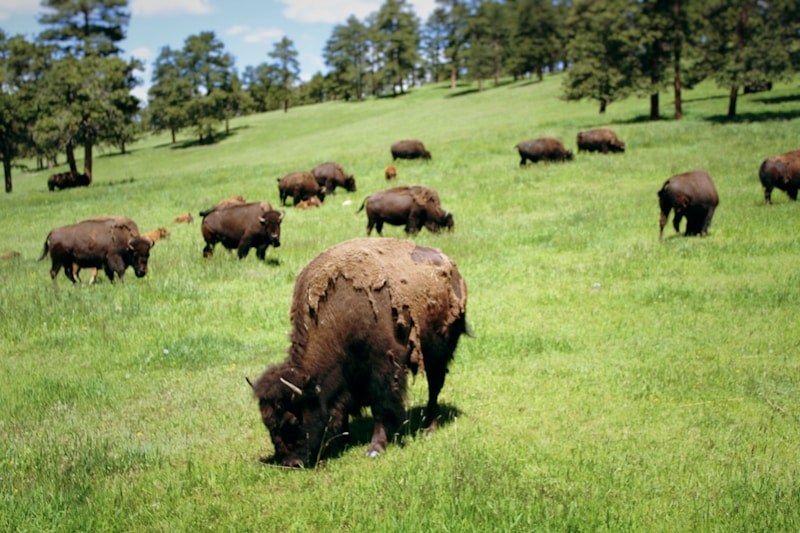10 Questions
Match the kingdom with its ruler during the Battle of Talikota:
Vijayanagara Empire = King Sadasiva Raya Bahmani Kingdom = N/A Deccan Sultanates = N/A Sultanate of Bijapur = Ali Adil Shah
Match the event with its significance in South Indian history:
Battle of Talikota = Decline of Vijayanagara Empire Deccan Sultanates' rule = Cultural and commercial exchange Bahmani Kingdom's patronage = Flourishing under merchants and artisans Vijayanagara Kingdom's defeat = Impact on future political developments
Match the term with its description:
Cosmopolitan spirit = Trade, faith, and artistic endeavors Deccan Sultanates = Muslim dynasties ruling the Deccan region Artistic endeavors = Blend of Indian, Persian, and Arabic cultures Political complexity = Interplay of complex dynamics in the Deccan region
Match the geographical region with its medieval history component:
South India = Vijayanagara Kingdom Deccan region = Deccan Sultanates Indian subcontinent = Cosmopolitan spirit Talikota = Battle significance
Match the cultural influences with their origin in the Deccan Sultanates:
Indian culture = N/A Persian culture = Deccan Sultanates' blend Arabic culture = N/A Unique cultural blend = Indian, Persian, and Arabic cultures
Match the kingdom with its founder:
Vijayanagara Empire = Harihara I and Bukka Raya I Bahmani Kingdom = Hasan Gangu Bahmani Deccan Sultanates = Various rulers History of South India = No specific founder
Match the kingdom with its geographical extent:
Vijayanagara Empire = Southern kingdoms Bahmani Kingdom = Karnataka, Maharashtra, Andhra Pradesh, Telangana Deccan Sultanates = Deccan region History of South India = No specific geographical extent
Match the kingdom with its cultural impact:
Vijayanagara Empire = Expansion of agriculture, trade, and cultural exchange Bahmani Kingdom = Growth of literature, arts, and commerce Deccan Sultanates = Promotion of diverse religious practices History of South India = Rich milieu of creative expression and intellectual exploration
Match the kingdom with its key city:
Vijayanagara Empire = Hampi Bahmani Kingdom = Not specified Deccan Sultanates = Various cities History of South India = No specific key city
Match the event with the kingdoms involved:
Battle of Talikota = Vijayanagara Empire and Deccan Sultanates Bahmani Kingdom = Not involved in the Battle of Talikota History of South India = Background context for the Battle of Talikota Vijayanagara Empire = Participated in the Battle of Talikota
Study Notes
South India's Medieval Kingdoms and the Battle of Talikota
Traversing the rich tapestry of South India's history, we encounter the Vijayanagara Empire, the Bahmani Kingdom, and the Deccan Sultanates – all of which played pivotal roles in shaping the region's political landscape, social dynamics, and cultural identity.
Vijayanagara Kingdom
Established in the early 14th century, the Vijayanagara Empire flourished under the leadership of Harihara I and Bukka Raya I, who united various southern kingdoms. The capital, Hampi, was a hub of prosperity, boasting extensive markets, a grand palace, and magnificent temples. The Vijayanagara Empire's rise saw the expansion of agriculture, trade, and cultural exchange, which can still be witnessed through the ruins of its former metropolis today.
Bahmani Kingdom
The Bahmani Kingdom, established in the early 14th century by Hasan Gangu Bahmani, was a Muslim dynasty that ruled over present-day Karnataka, Maharashtra, Andhra Pradesh, and Telangana. The Bahmani Sultanate consolidated the Deccan region, successfully defended against the Vijayanagara Empire, and, in turn, stimulated the growth of literature, arts, and commerce.
History of South India
Between the 14th and 16th centuries, South India was a cauldron of vibrant cultures and religions that produced a rich milieu of creative expression and intellectual exploration. The region became a melting pot of trade, faith, and artistic endeavors, mirroring the broader Indian subcontinent's cosmopolitan spirit.
Deccan Sultanates
The Deccan Sultanates, which included the Bahmani Kingdom among others, were a conglomerate of Muslim dynasties that ruled over the Deccan region from the 14th to the 18th century. They flourished under the patronage of local and foreign merchants and artisans, becoming hubs of cultural and commercial exchange. The Deccan Sultanates gave birth to a unique blend of Indian, Persian, and Arabic cultures.
Battle of Talikota
The Battle of Talikota, fought on January 26, 1565, is considered one of the most significant events in South Indian history. The Vijayanagara Empire, under the leadership of King Sadasiva Raya, faced the combined forces of the Deccan Sultanates and the Sultanate of Bijapur, headed by Ali Adil Shah. The Vijayanagara Empire's defeat marked the decline of its power, while the victors asserted their control over the region, ushering in a new era of political complexity.
The Battle of Talikota illustrates the interplay of complex political dynamics at play in the Deccan region during the 16th century. The Vijayanagara Empire's defeat left a profound impact on the region, influencing the trajectory of future political developments in South India.
In summary, the Vijayanagara Kingdom, Bahmani Kingdom, and the Deccan Sultanates were all integral components of South India's medieval history. The Battle of Talikota, fought between these rivals, marked a pivotal turning point in the region's political landscape, forever altering the shape of South India's cultural and political landscape.
Test your knowledge on South India's medieval history, including the Vijayanagara Empire, Bahmani Kingdom, and the Deccan Sultanates. Explore the cultural, political, and social dynamics of these kingdoms, culminating in the pivotal Battle of Talikota in 1565.
Make Your Own Quizzes and Flashcards
Convert your notes into interactive study material.




